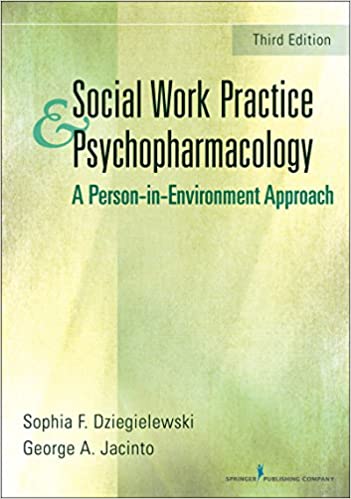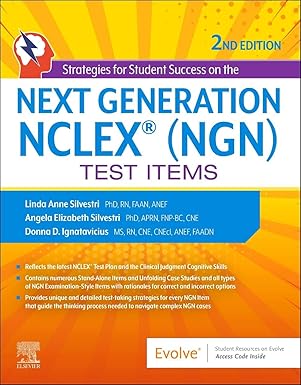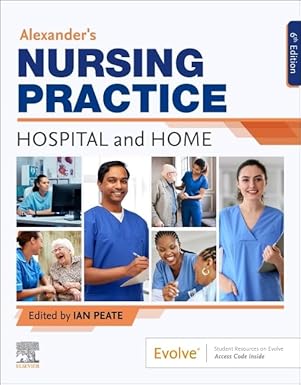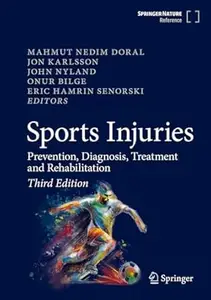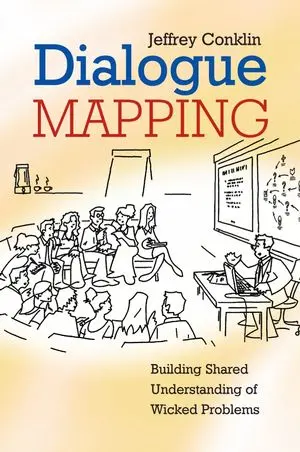Praise for the Second Edition:
This is a very well-written book, My students appreciated the down-to-earth style of writing‚ Many of my students are deathly afraid of topics that haveanything to do with biology. [They] were assured by the lack of jargon and the fact that the chapters were written in a way that they could easilyunderstand. I look forward to the third edition!
-Nathan Thomas, LCSW
San Jose State University, School of Social Work
New findings emerge daily, and new medications hit the market every year. The nature of this topic lends itself to revision at least every 2-3 years tostay current and germane to current practice standards. The case studies are a nice way to transform and integrate clinical principles with social workpractice. Students have enjoyed the book as a foundational text,
-Dr. Robert Mindrup, PsyD,
University of Tennessee, Knoxville, College of Social Work
This comprehensive text prepares social workers to play a key role within an interdisciplinary health care team, emphasizing the importance of counseling for clients that take mental health medications as part of their treatment. The third edition has been fully revised to include new medications and reflect changes resulting from the publication of the DSM-5. Sample treatment plans, case examples, and a full glossary of medications have been updated, and the addition of a comprehensive Instructors Manual further enhances the text's value. Also included is information on prescription drug abuse, expanded discussions of psychopharmacological considerations related to gender and culture, and new content on medical marijuana, pregnant women, suicide warnings, Internet availability, and electronic records. The third edition also features a discussion of potential interactions with medications used to treat chronic conditions and emphasizes professional collaboration.
The text is replete with guidance on common medicine-related issues social workers encounter in practice, including identifying potentially dangerous drug interactions and adverse side effects, improving medication compliance, recognizing the warning signs of drug dependence, and understanding how psychopharmacology can work in conjunction with psychosocial interventions. The text also addresses the particular needs of children, older adults, and pregnant women, and the treatment of specific mental health conditions.
Key Features:
- Addresses the role of medication from the perspective of social work treatment
- Delivers guidance on common challenges social workers encounter in practice
- Encourages and empowers clients to be active in their own treatment
- Identifies potentially dangerous drug interactions and adverse side effects
- Explains how psychopharmacology works in conjunction with psychosocial interventions
چکیده فارسی
ستایش برای نسخه دوم:
این یک کتاب بسیار خوب نوشته شده است، دانش آموزان من از سبک نوشتاری ساده قدردانی کردند، بسیاری از دانش آموزان من به شدت از موضوعاتی که به زیست شناسی ربطی دارند می ترسند. [آنها] از فقدان اصطلاحات و این واقعیت که فصل ها به گونه ای نوشته شده بودند که به راحتی می توانستند درک کنند، اطمینان داشتند. من مشتاقانه منتظر نسخه سوم هستم!
-ناتان توماس، LCSW
دانشگاه ایالتی سن خوزه، دانشکده مددکاری اجتماعی
هر روز یافتههای جدیدی ظاهر میشود و هر ساله داروهای جدیدی به بازار میآیند. ماهیت این موضوع باعث می شود حداقل هر 2-3 سال یکبار تجدید نظر شود تا مطابق با استانداردهای فعلی عمل کند. مطالعات موردی روش خوبی برای تغییر و ادغام اصول بالینی با شیوه کار اجتماعی است. دانش آموزان از این کتاب به عنوان یک متن اساسی لذت برده اند،
-دکتر رابرت میندروپ، PsyD،
دانشگاه تنسی، ناکسویل، کالج مددکاری اجتماعی
این متن جامع مددکاران اجتماعی را برای ایفای نقش کلیدی در تیم مراقبت بهداشتی بین رشتهای آماده میکند و بر اهمیت مشاوره برای مراجعانی که داروهای سلامت روان را به عنوان بخشی از درمان خود مصرف میکنند، تأکید میکند. نسخه سوم به طور کامل بازنگری شده است تا شامل داروهای جدید و منعکس کننده تغییرات ناشی از انتشار DSM-5 باشد. طرحهای درمانی نمونه، نمونههای موردی، و واژهنامه کامل داروها بهروزرسانی شدهاند، و افزودن کتاب راهنمای جامع مربیان ارزش متن را بیشتر میکند. همچنین شامل اطلاعاتی در مورد سوء مصرف داروهای تجویزی، بحث های گسترده در مورد ملاحظات روان دارویی مرتبط با جنسیت و فرهنگ، و محتوای جدید در مورد ماری جوانای پزشکی، زنان باردار، هشدارهای خودکشی، در دسترس بودن اینترنت، و سوابق الکترونیکی است. ویرایش سوم همچنین بحثی در مورد تداخلات بالقوه با داروهایی که برای درمان بیماریهای مزمن استفاده میشوند و بر همکاری حرفهای تأکید میکند.
متن مملو از راهنمایی در مورد مسائل رایج مرتبط با پزشکی است که مددکاران اجتماعی در عمل با آن مواجه میشوند، از جمله شناسایی تداخلات دارویی بالقوه خطرناک و عوارض جانبی نامطلوب، بهبود انطباق با دارو، تشخیص علائم هشداردهنده وابستگی به مواد، و درک نحوه عملکرد روانداروشناسی همراه با مداخلات روانی اجتماعی این متن همچنین به نیازهای خاص کودکان، افراد مسن، و زنان باردار و درمان شرایط خاص سلامت روان میپردازد.
ویژگی های کلیدی:
- به نقش دارو از منظر درمان مددکاری اجتماعی می پردازد
- راهنمایی در مورد چالشهای رایجی که مددکاران اجتماعی در عمل با آنها مواجه میشوند ارائه میکند
- مشتریان را تشویق و توانمند می کند تا در درمان خود فعال باشند
- تداخلات دارویی بالقوه خطرناک و عوارض جانبی نامطلوب را شناسایی می کند
- توضیح میدهد که چگونه روانفارماکولوژی در ارتباط با مداخلات روانی-اجتماعی کار میکند
ادامه ...
بستن ...
